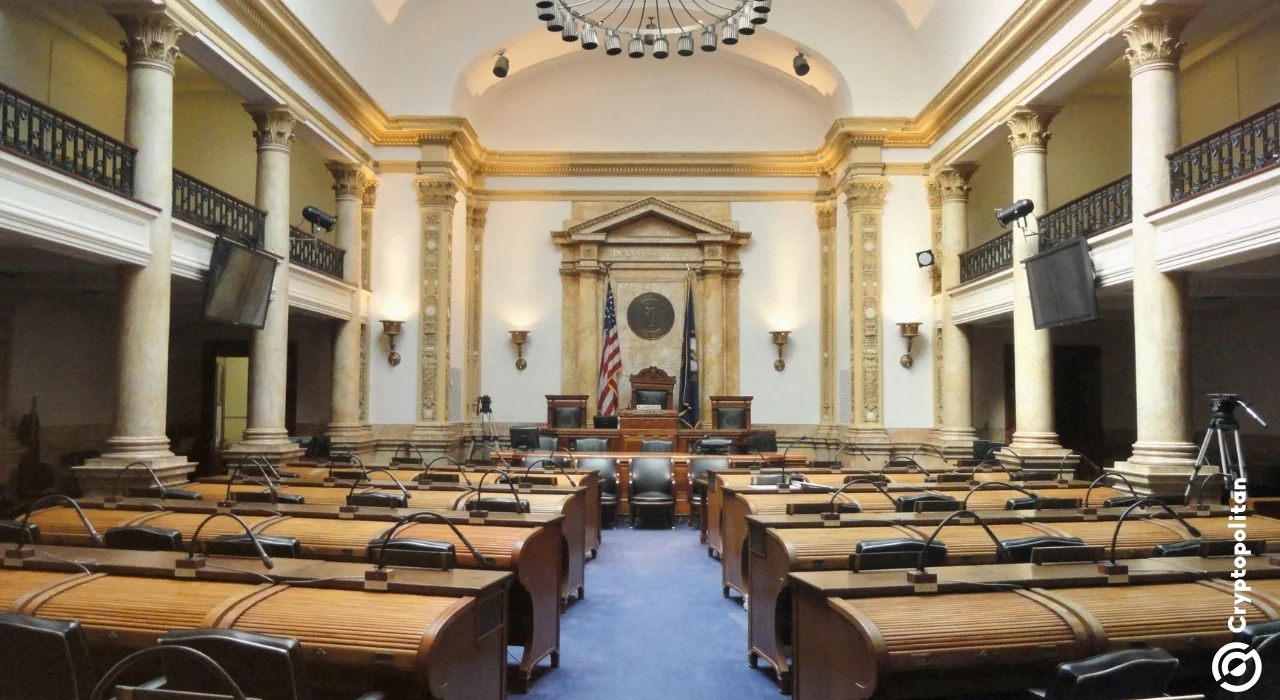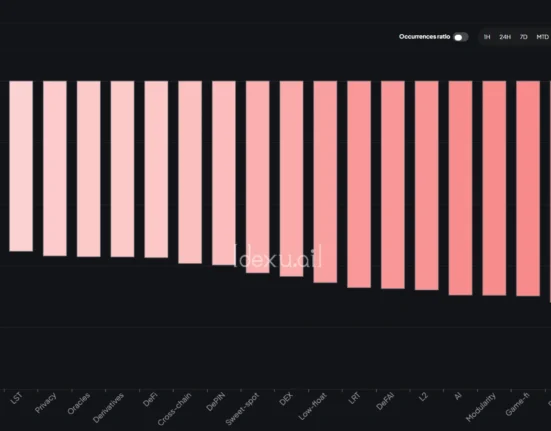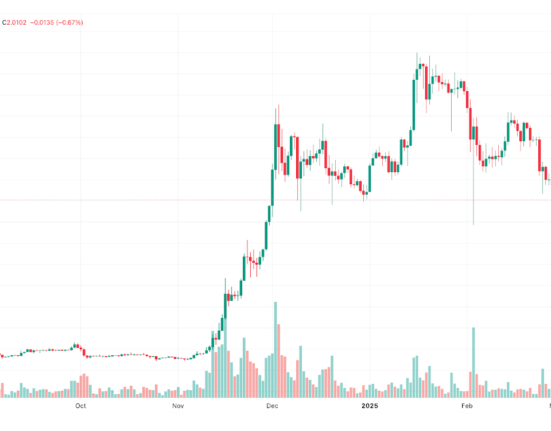The Senate approved a resolution by a 51 to 48 vote led by Democratic Senator Tim Kaine and Republican Senator Rand Paul to block Trump’s tariffs on imports from Canada. Both senators were joined by three other Republicans, including former Senate Majority Leader Mitch McConnell, Susan Collins, and Lisa Murkowski, who voted to end the economic emergency that was imposed in February.
The senators voted in disapproval of Trump’s tariffs on Canada just a few hours after he announced he would impose a 10% tariff on all imports. The President also revealed he would levy even higher rates on imports from the European Union, China, Vietnam, and Japan.
He announced on Wednesday that he was imposing what he termed “reciprocal tariffs” on about 60 nations but exempted Canada and Mexico. Both countries are still facing tariffs under separate policies targeting aluminum and steel, which took effect in February.
The resolution required the support of at least four Republicans for approval, with the chamber’s 47 Democrats and independents. The President pressured the GOP before the vote, arguing that “Republicans in the Senate MUST vote to keep the National Emergency in place, so we can finish the job and end the scourge.”
U.S. Senate votes to end Trump’s tariffs on Canada
Several Republican senators joined Democrats to vote against Trump’s tariffs on Canada, which marked a rare move against the President’s trade policy just hours after he announced plans for sweeping import taxes. The Senate voted to end Trump’s tariffs on Canada with a 51-48 vote led by four Republicans: Susan Collins of Maine, Lisa Murkowski of Alaska and Kentucky senators Mitch McConnell and Rand Paul.
Trump unveiled sweeping new tariffs in a White House Rose Garden ceremony on Wednesday but did not include additional levies on Canada. The Senate vote against Trump’s tariffs on the nation amounted to a significant bipartisan condemnation of his escalating global trade war with allies and enemies alike. The President noted that “it would be devastating for the Republican Party and, far more importantly, for the United States.”
The Senate’s vote has practically no chance of passing the Republican-controlled House and being signed by Trump, as he vowed that “I, as your President, will never sign it.” The vote also showed the limits of Republican support for Trump’s vision of remaking the U.S. economy since it was the first serious attempt by Congress at limiting the President’s ability to restrict free trade.
The Senate’s resolution passing the House will also be a challenge due to changes that House Republicans pushed through last month. The new rules adopted last month will force the Senate-passed resolution to pass through the House’s committee process, which is a journey that is highly unlikely to be completed anytime soon.
Senators unravel their take on Trump’s tariffs on Canada
Senator Rand Paul stressed the economic damage tariffs will likely cause American families, businesses, and farmers. He noted that estimates showed that tariffs will increase the cost of homes, cars, and many consumer goods.
“We’re not at war with Canada. They’re an ally that buys more of our stuff than almost any other country in the world.”
-Rand Paul, U.S. Senator from Kentucky.
Democratic Senator Tim Kaine, the bill’s sponsor, argued that “tariffs will hurt our families” and that Canada was not their enemy. The politician added that the U.S. should not impose punishing costs on American families at a time when they can’t afford it. He also highlighted, “Let’s not make our national security investments in ships and subs more expensive.”
Senator Collins defended her vote and argued that tariffs would hurt working families in her state of Maine, which shares a long border with Canada. She maintained that “the price hikes that will happen for Maine families … if these tariffs go into effect, will be so harmful.”
Senate Majority Leader John Thune urged Republicans before the vote to oppose the resolution. Thune argued that the tariffs were needed to “ensure that President Trump has the tools to combat the flow of fentanyl from all directions.”
Trump had blasted the Republican senators on Truth Social for championing the resolution aimed at undoing the tariffs against Canada. He also implored them to “get on the Republican bandwagon, for a change, and fight the Democrats’ wild and flagrant push to not penalize Canada for the sale, into our Country, of large amounts of Fentanyl.”
Senator Collins also mentioned that fentanyl from Canada was not a major threat to the U.S., as Trump’s national emergency claimed. She acknowledged that “the fact is the vast majority of fentanyl in America comes from the southern border.”
Cryptopolitan Academy: Want to grow your money in 2025? Learn how to do it with DeFi in our upcoming webclass. Save Your Spot








